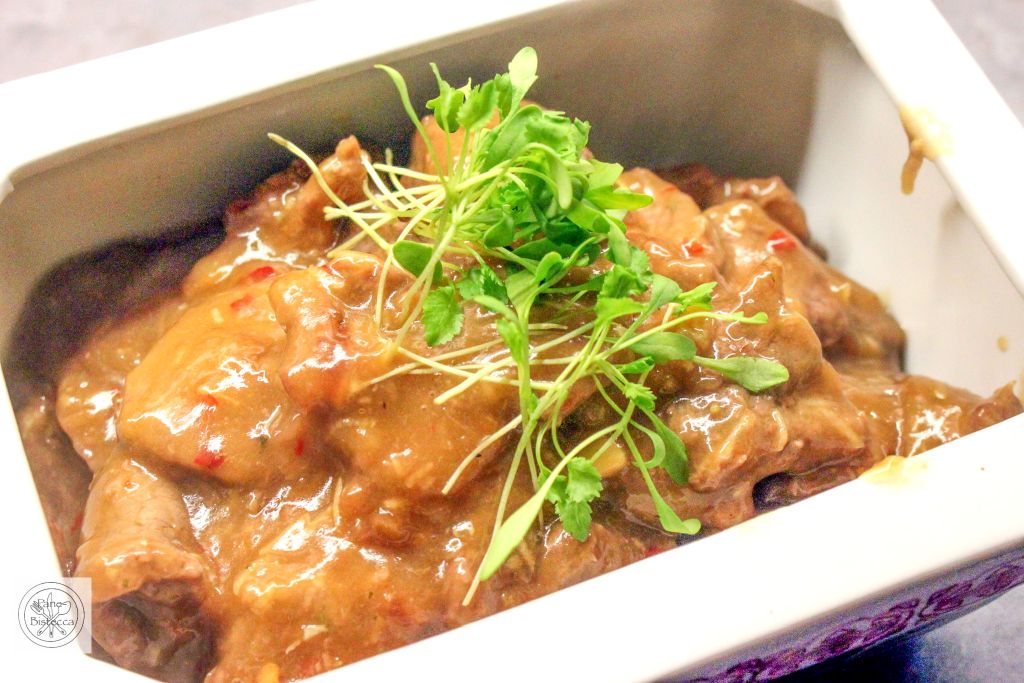
Beef with Sa Tsa Sauce
Pane-Bistecca
Beef with Sa Tsa Sauce (or Shacha Sauce) originates from southern China, the Guangdong and Fujian region, and is also served in Taiwan. After all, the Taiwanese used to live in southern China before they fled to the island.
Shacha sauce is also known as sa-te in the Teochew and Hokkien dialects, reflecting its origins in the satay sauce introduced by emigrant Min Nan people who returned to China from Southeast Asia. After the Chinese Civil War, Chaoshan immigrants settled in Taiwan and introduced shacha sauce to Taiwan’s culinary repertoire. In the 1960s and 1970s, as the consumption of beef slowly gained cultural acceptance in Taiwan, shacha sauce became increasingly popular among locals.
This recipe is part in Volkermampft’s Culinary World Tour teil, which is traveling to China this month.
Shacha sauce is also known as sa-te in the Teochew and Hokkien dialects, reflecting its origins in the satay sauce introduced by emigrant Min Nan people who returned to China from Southeast Asia. After the Chinese Civil War, Chaoshan immigrants settled in Taiwan and introduced shacha sauce to Taiwan’s culinary repertoire. In the 1960s and 1970s, as the consumption of beef slowly gained cultural acceptance in Taiwan, shacha sauce became increasingly popular among locals.
This recipe is part in Volkermampft’s Culinary World Tour teil, which is traveling to China this month.
Ingredients
500 g fillet of beef, finely sliced
Oil for frying (not olive oil)
1 large Onion, chopped
3-4 tbsp Sa Tsa Sauce
2 tbsp Soy Sauce
1/2 tbsp Sugar
1/2 TL Chili Flakes
Spring onion or sprouts for Decoration
1/2 tbsp Rice Wine or Sherry
1/2 tbsp Water
2 tbsp Soy Sauce
1 tbsp Cornstarch
Marinade
Instructions
1
Step 1
Marinate the beef in the marinade for 30 minutes.
2
Step 2
Heat some oil in a wok and fry the meat well. Set aside.
3
Step 3
Fry the onions well in the oil. Then add the meat again.
4
Step 4
Now mix the Sa Tsa sauce, soy sauce and sugar together and add to the meat. Mix well over a high heat and serve with white rice.
Notes
Quick and easy!
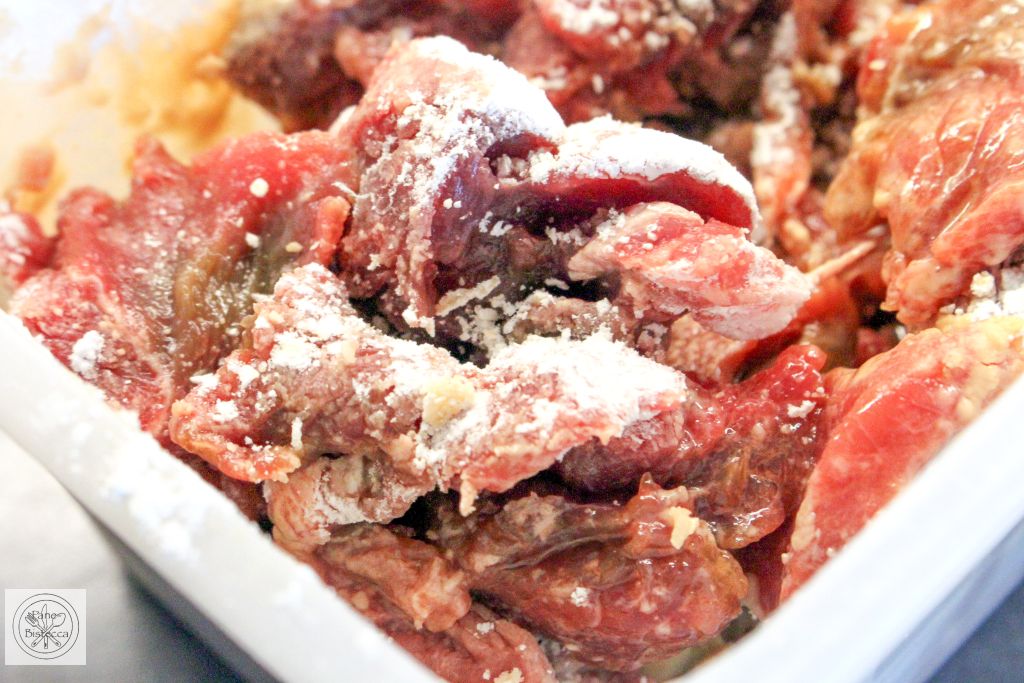
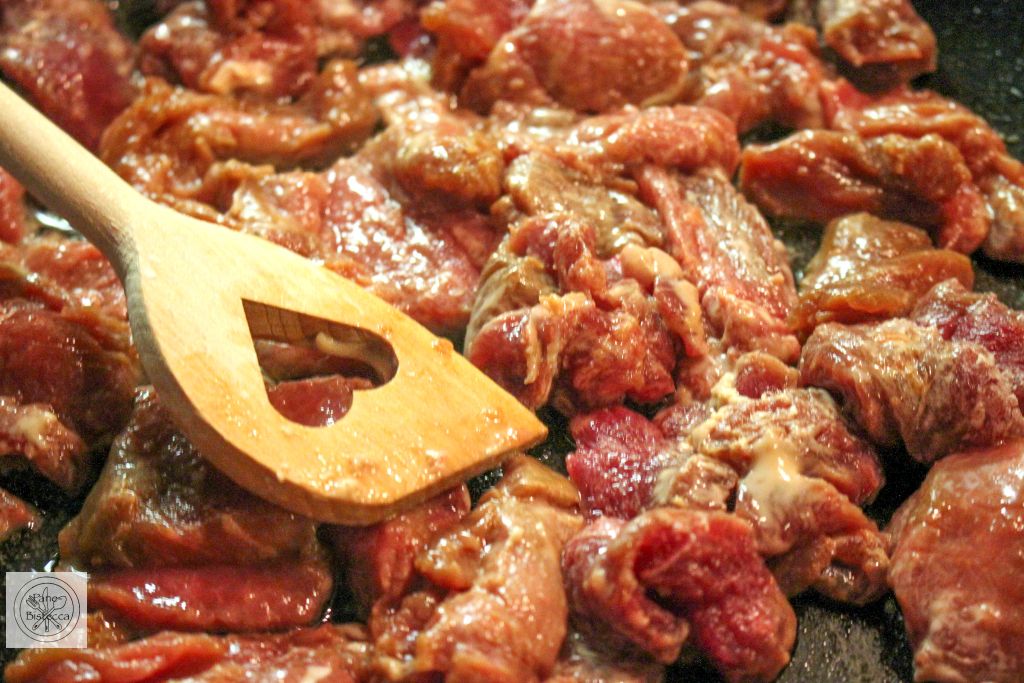
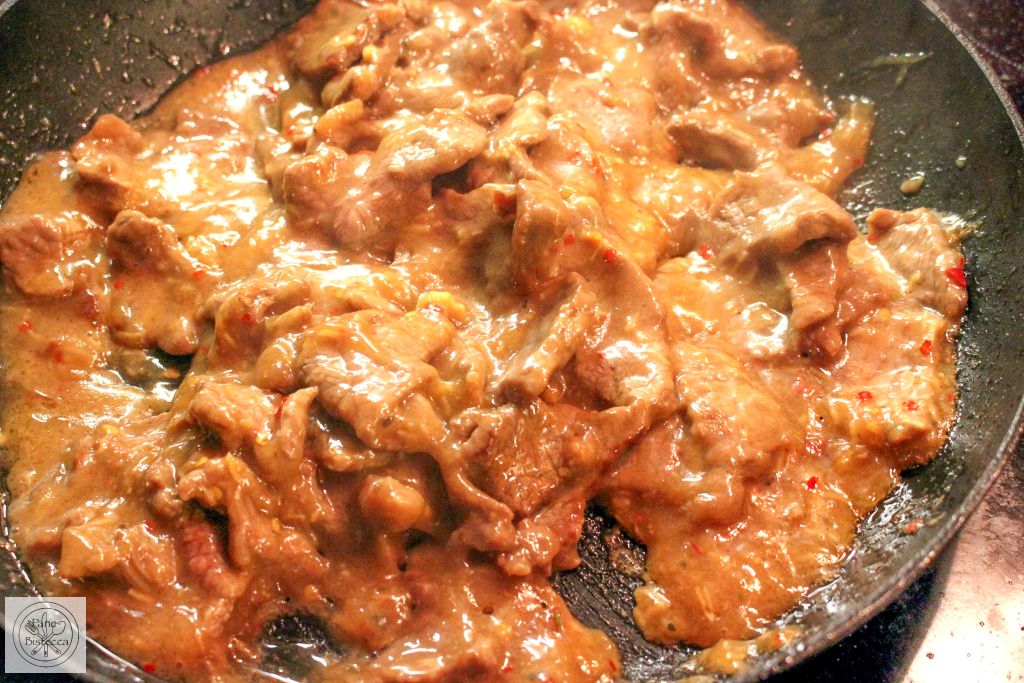
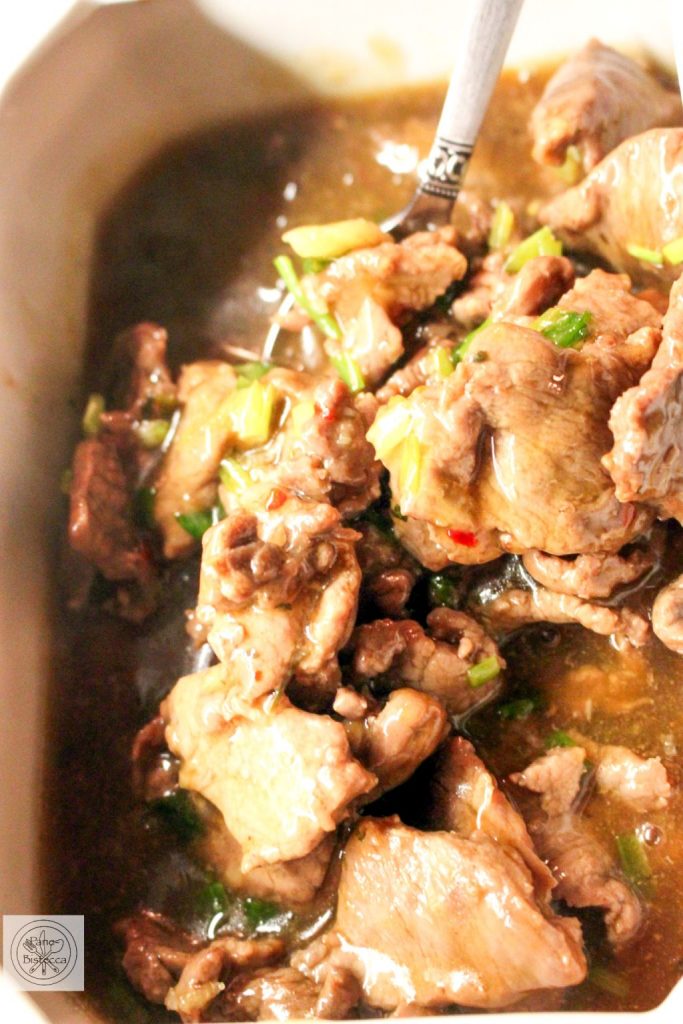
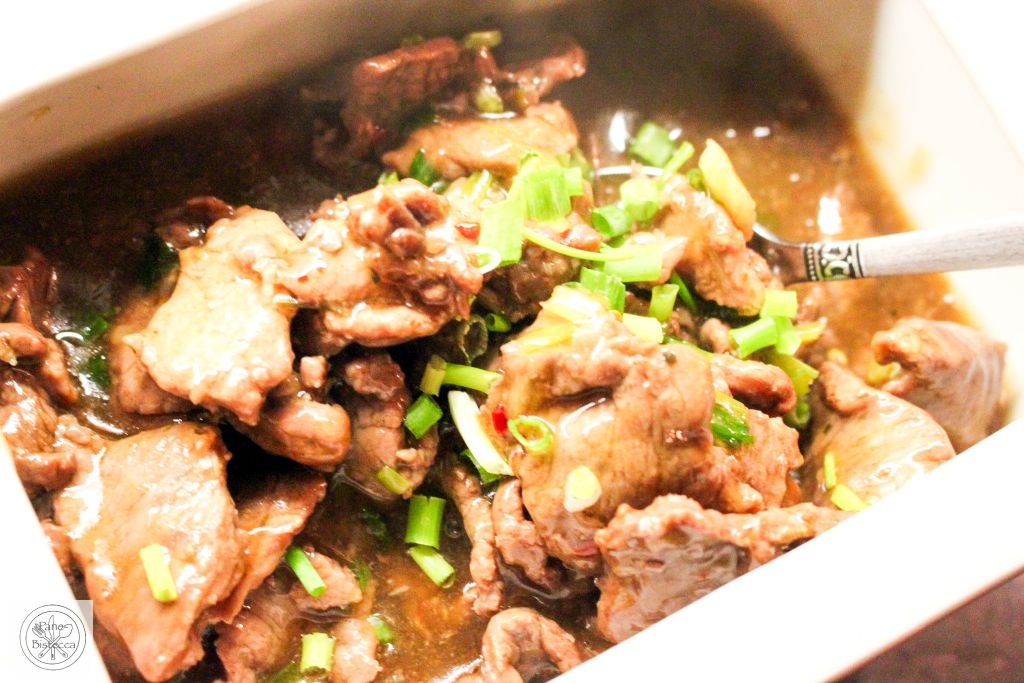
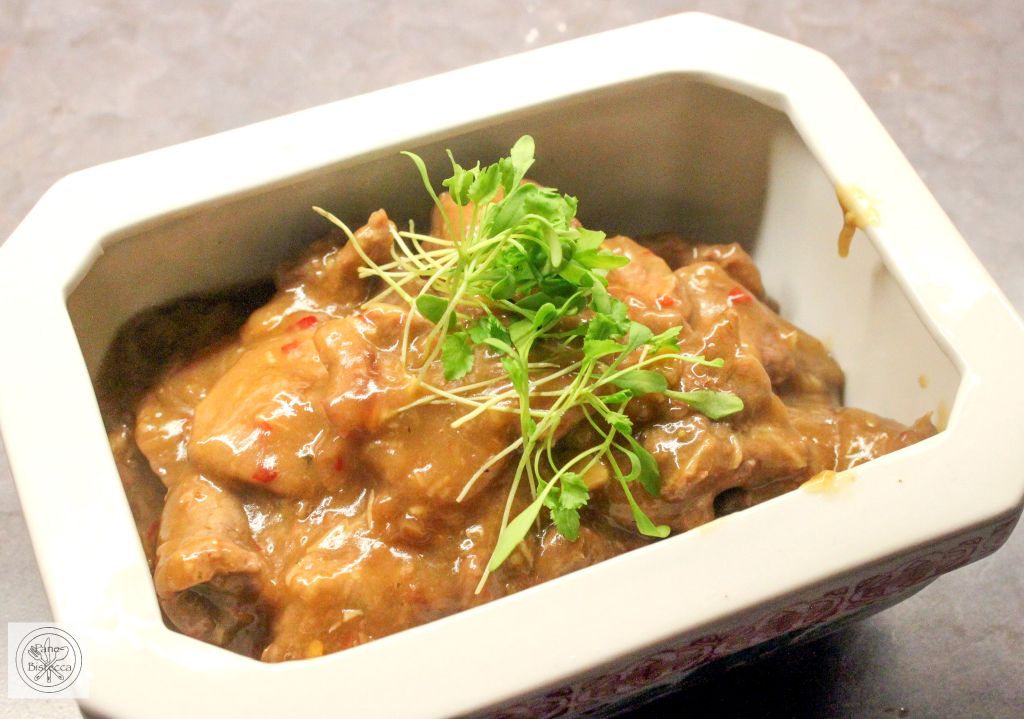
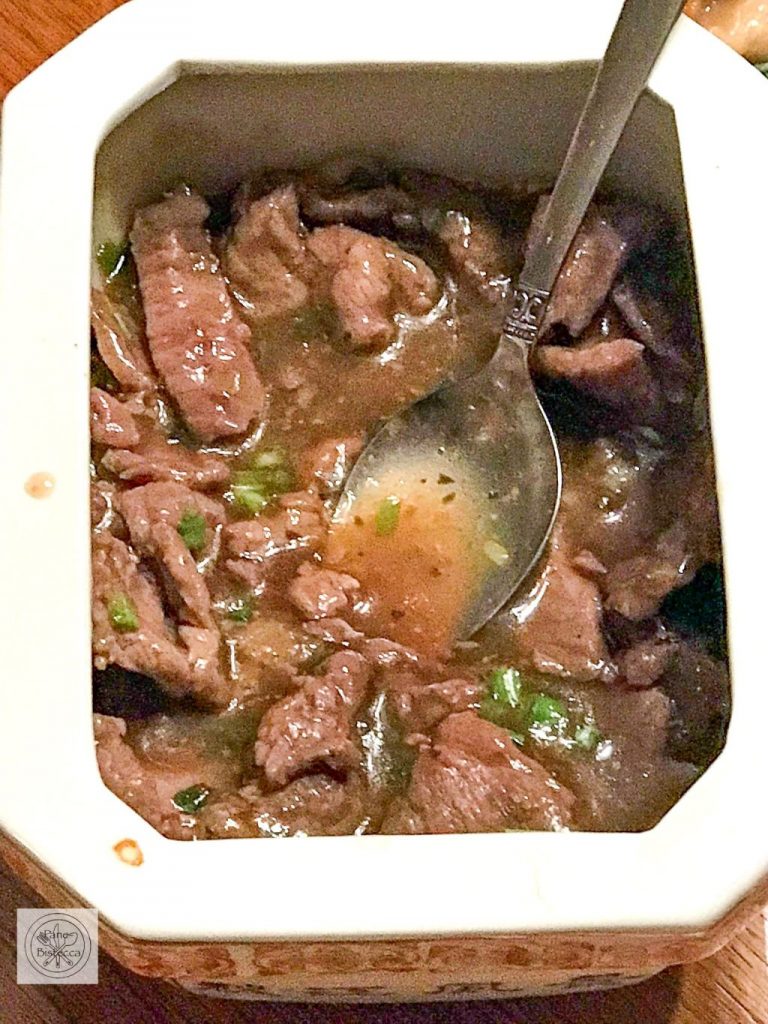





![Validate my RSS feed [Valid RSS]](https://pane-bistecca.com/wp-content/uploads/2024/05/valid-rss-rogers.png)